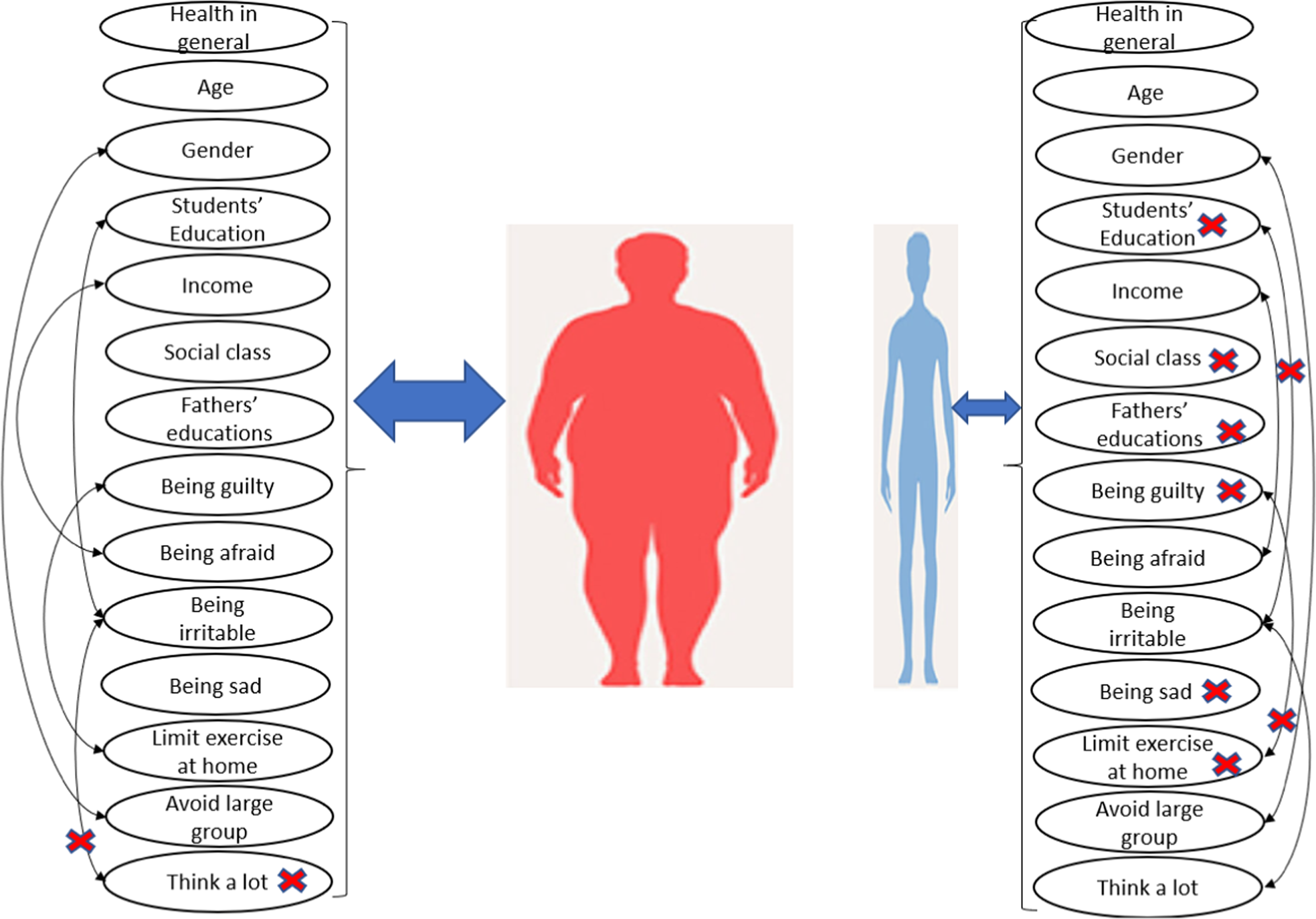Obesity is a growing global health issue, affecting millions of people worldwide. Defined as having an excessive amount of body fat, obesity is often linked to serious health complications. Understanding the risk of being obese is essential for individuals who want to prevent or manage this condition. In this article, we will explore the health risks associated with obesity, the factors contributing to it, and strategies for prevention.
Table of Contents
What is Obesity?
Obesity is typically measured using the Body Mass Index, a calculation based on an individual’s weight and height. A BMI of 30 or higher is classified as obese. While BMI is not a perfect measure, it provides a general indication of body fat and the associated health risks. The risk of being obese goes beyond aesthetic concerns, impacting overall health and well-being.
Health Risks of Being Obese
Cardiovascular Diseases
One of the most severe risks of being obese is the increased likelihood of developing cardiovascular diseases, including heart disease and stroke. Excess body fat, especially around the abdomen, can lead to high blood pressure, high cholesterol, and atherosclerosis (the buildup of fats in the arteries). These conditions make the heart work harder, increasing the risk of heart attacks and strokes.
Type 2 Diabetes
Obesity is one of the leading causes of type 2 diabetes. Excess fat affects the way the body processes insulin, the hormone that regulates blood sugar levels. Insulin resistance, a condition where cells do not respond properly to insulin, can lead to elevated blood sugar levels, eventually resulting in type 2 diabetes. Diabetes increases the risk of complications such as kidney disease, nerve damage, and vision loss.
Respiratory Issues
The risk of being obese extends to the respiratory system as well. Excess weight can put pressure on the lungs, making breathing more difficult. Obese individuals are at a higher risk of developing sleep apnea, a condition where breathing is interrupted during sleep. This can lead to poor sleep quality and chronic fatigue, further impacting overall health.
Joint Problems and Osteoarthritis
Carrying extra weight puts additional strain on the body’s joints, particularly in the knees, hips, and lower back. Over time, this added stress can lead to the development of osteoarthritis, a condition characterized by the breakdown of cartilage in the joints. Obesity can exacerbate joint pain and make it more difficult for individuals to stay active, further perpetuating a cycle of weight gain and inactivity.
Certain Cancers
Research has shown that obesity increases the risk of several types of cancer, including breast, colon, endometrial, and kidney cancers. While the exact mechanism linking obesity to cancer is not fully understood, it is believed that excess fat tissue produces hormones and inflammation that can promote cancer growth.
Mental Health and Emotional Well-being
The risk of being obese is not limited to physical health; it can also take a toll on mental health. Obese individuals may experience low self-esteem, depression, and anxiety due to societal pressures and stigmatization. Emotional eating, a common response to stress or negative emotions, can further contribute to weight gain, creating a vicious cycle of emotional and physical health challenges.
Contributing Factors to Obesity
Poor Diet
One of the primary contributors to obesity is a poor diet high in calories, unhealthy fats, and sugars. Processed foods, fast food, and sugary beverages are often high in calories and low in essential nutrients, leading to weight gain over time.
Lack of Physical Activity
A sedentary lifestyle is another major factor in the development of obesity. Many people engage in little to no physical activity due to work environments that require long hours of sitting or because of a lack of access to exercise facilities. Regular physical activity helps burn calories and maintain a healthy weight, but inactivity leads to weight gain and associated health risks.
Genetic and Hormonal Factors
Genetics can also play a role in determining an individual’s risk of obesity. Some people are predisposed to store fat more easily due to inherited traits. Additionally, hormonal imbalances, such as thyroid disorders or polycystic ovary syndrome (PCOS), can affect metabolism and contribute to weight gain.
Prevention and Management of Obesity
Healthy Diet
A well-balanced, nutritious diet is essential for both preventing and managing obesity. Focus on consuming whole foods, including fruits, vegetables, lean proteins, and whole grains. Limiting the intake of processed foods, sugary drinks, and high-fat snacks can help control calorie intake and reduce the risk of weight gain.
Regular Physical Activity
Incorporating physical activity into daily routines is critical for maintaining a healthy weight. Activities such as walking, cycling, swimming, or strength training can help burn calories and improve cardiovascular health. Aim for at least 150 minutes of moderate exercise per week to promote weight loss and overall health.
Conclusion
The risk of being obese is associated with numerous serious health complications, including cardiovascular disease, diabetes, respiratory problems, joint issues, and even certain cancers. Understanding these risks and addressing the factors that contribute to obesity, such as poor diet and lack of physical activity, is critical for preventing and managing this condition.

